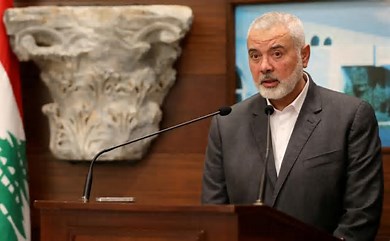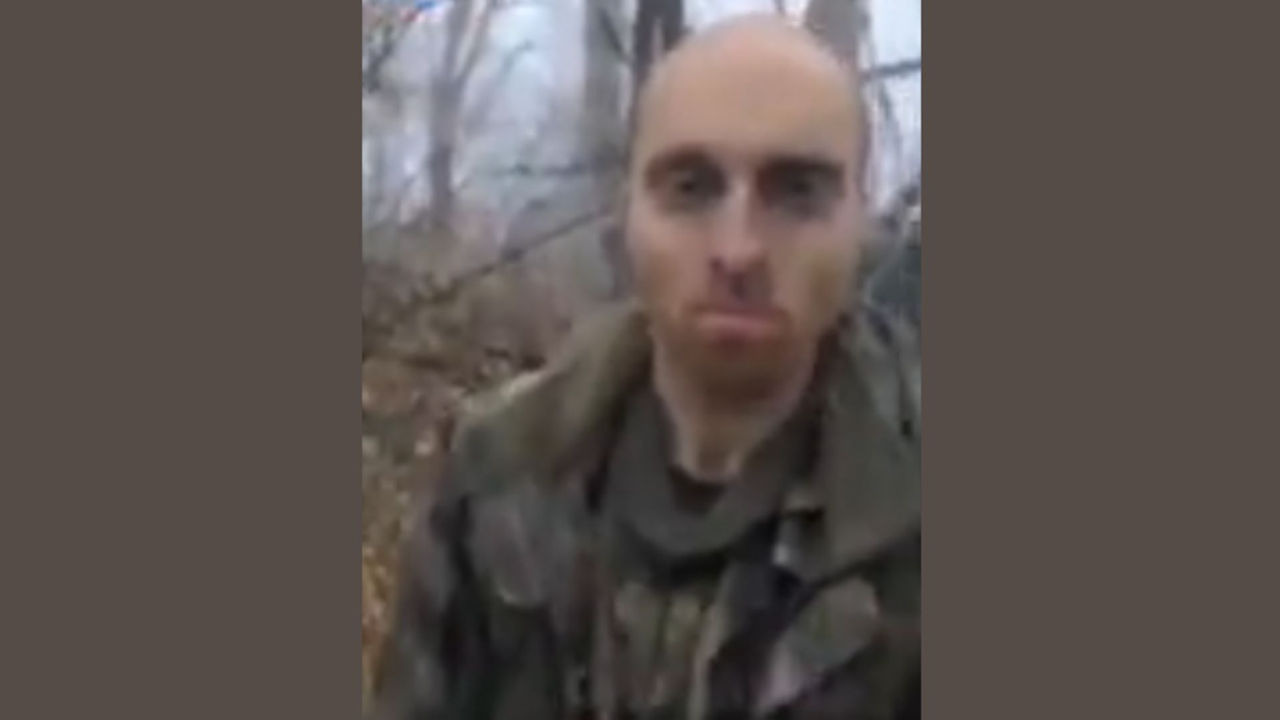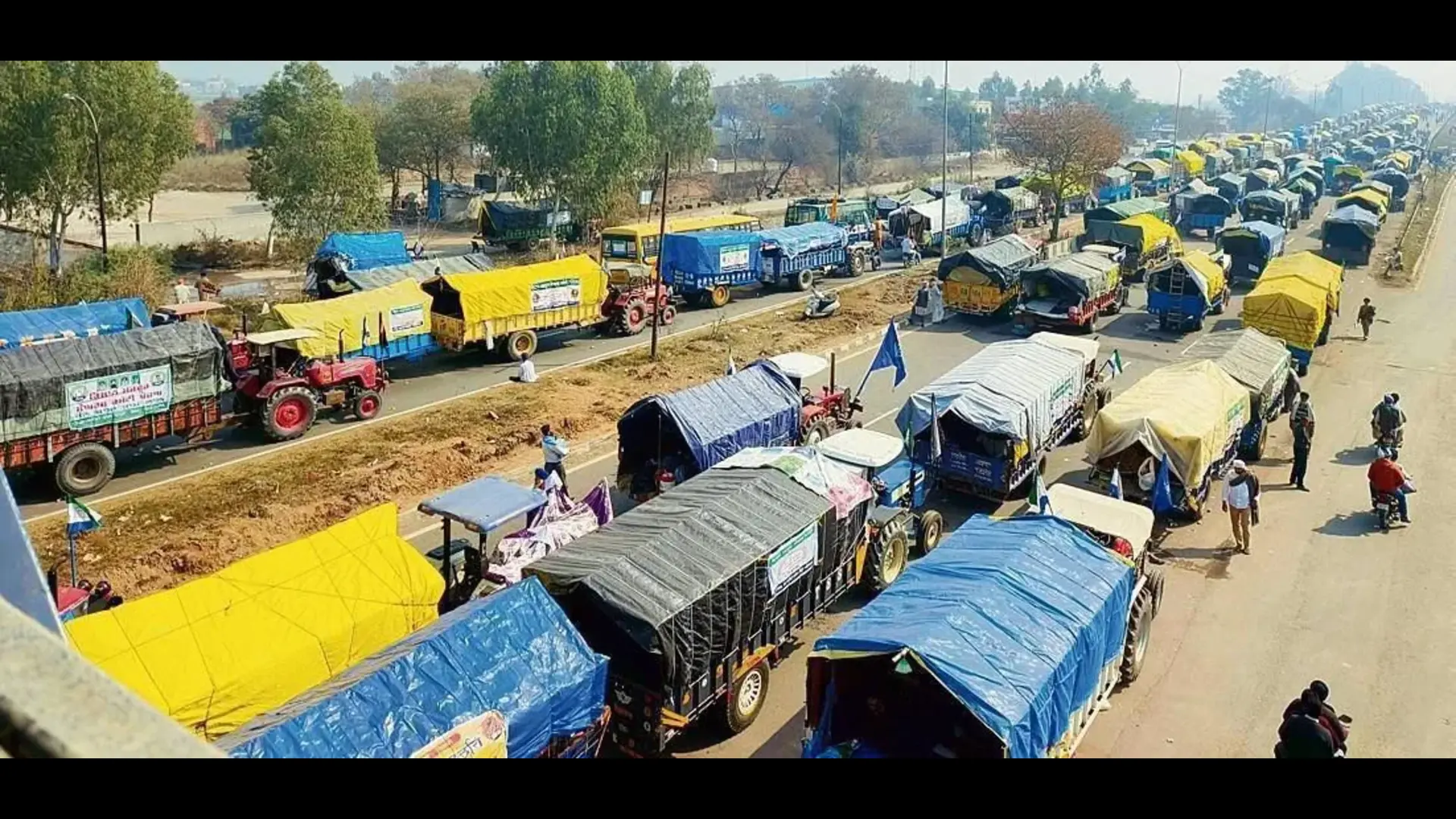In a shocking security breach, Hamas leader Ismail Haniyeh was assassinated in Tehran, where he was an official guest at the inauguration of Iran’s new President Masoud Pezeshkian. This incident highlights a significant security lapse for Iran’s leadership.
Haniyeh was staying at a special residence for war veterans in north Tehran when an airborne projectile struck the facility at 2 am local time. According to reports by state-run media affiliated with the Islamic Revolutionary Guard Corps (IRGC) and Supreme National Security Council, one of Haniyeh’s bodyguards was also killed in the attack.
The facility, under Iran’s security establishment, underscores the gravity of the security failure. Both Hamas and the IRGC have blamed Israel for Haniyeh’s assassination, although Israel has not claimed responsibility.
Israel has previously demonstrated its ability to infiltrate Iran and execute high-profile assassinations, such as the killing of top nuclear scientist Mohsen Fakhrizadeh in 2020.
Haniyeh, based in Qatar and Turkey, led Hamas’s political bureau and became a prominent figure in diplomatic efforts since the conflict in Gaza began on October 7 last year. He participated in ceasefire talks brokered by Arab states and the West.
Hours before his death, Haniyeh attended the swearing-in ceremony for President Pezeshkian, which was also attended by Union minister Nitin Gadkari. The assassination follows the killing of top Hezbollah commander Fuad Shukr in Beirut, further complicating the ceasefire negotiations between Hamas and Israel.
Qatar’s Prime Minister Sheikh Mohammed bin Abdulrahman Al Thani, a key mediator, questioned the success of mediation efforts when one party assassinates the negotiator on the other side.
Former Palestinian minister Hanan Ashrawi stated that the killings of Shukr and Haniyeh are intended to inflame the region and sabotage any chances of a deal or de-escalation.
The armed wing of Hamas declared that Haniyeh’s assassination would escalate the conflict. Iran announced three days of national mourning, with Supreme Leader Ayatollah Khamenei promising vengeance for the attack on Iranian soil.
“The criminal and terrorist Zionist regime martyred our beloved guest inside our house and made us mournful, but it paved the way for a harsh punishment to be imposed on it,” Khamenei stated.
The responses from Iran and Hamas to Haniyeh’s assassination will be critical in determining the region’s future stability. While Iran may avoid actions leading to an all-out war, it has the capacity to retaliate against Israel, as evidenced by the missile and drone attacks in April in response to an Israeli air strike on IRGC commanders in Syria.







